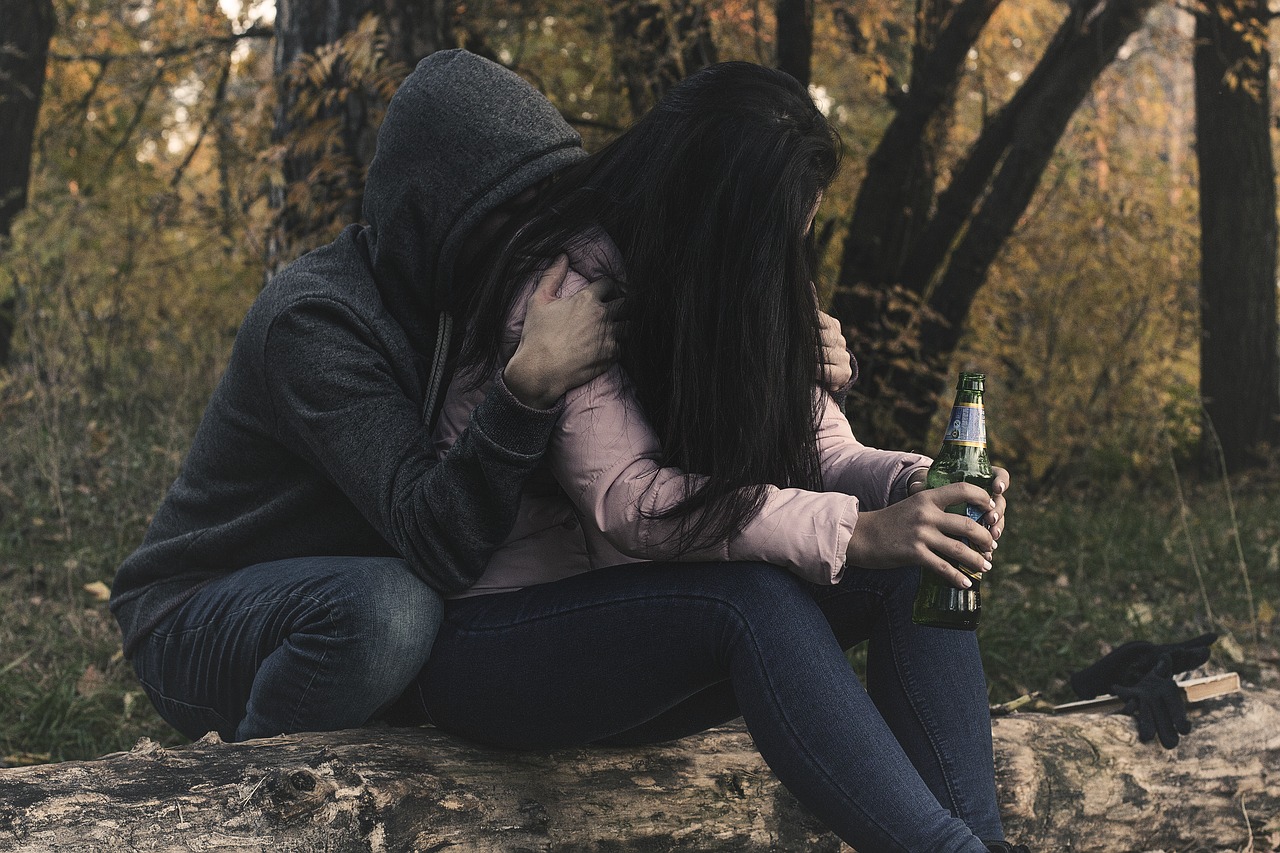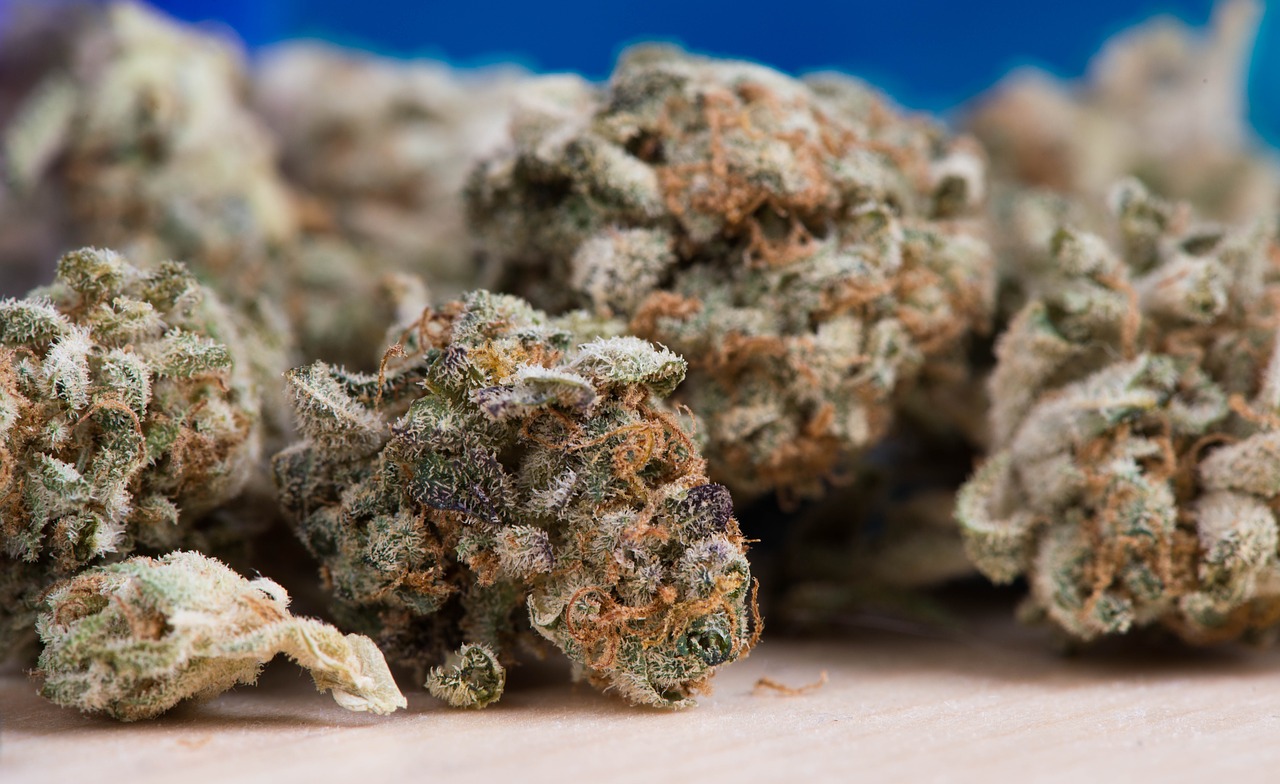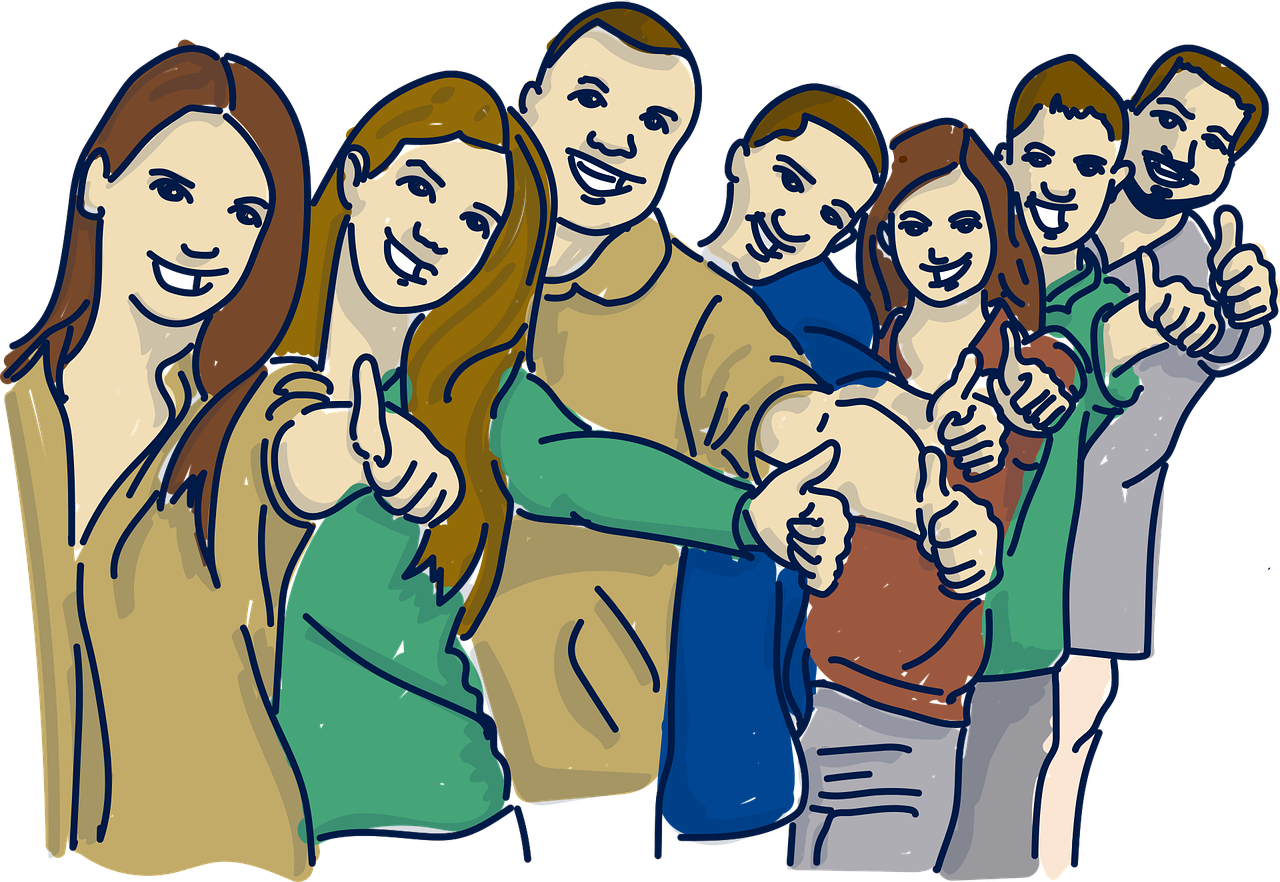Signs Of Alcoholism
What Are The Signs of Alcoholism?
Are you searching for information about signs of alcoholism for you or a loved one? It can be difficult to identify those who suffer from substance use disorder, but knowing the signs of alcoholism is a great starting point. If you think your loved one is suffering from alcoholism, you are right here, because in this blog post we will cover the ten most important warning signs of alcoholism. This is something people should look out for when trying to spot alcoholism in their friends and family members.
While some problems can be justified as mere fun and time, there are serious signs of alcoholism. Alcohol Disorder (AUD) has a long history of fighting alcoholism, with red flags that look like they could apply. It might be time to look for an addiction treatment facility near you or contact your local alcohol therapy center.
Also note: If you really believe you are an alcoholic, stop reading this article and seek help immediately. The signs of alcoholism do not stop when a trained professional is dedicated to helping people struggling with addiction. So if you are wondering whether or not you are going to be an alcoholic, get the help you need now before it is too late. Locate an alcohol addiction treatment program that can help you into recovery.

Signs of Alcoholism
Alcohol use disorder can be mild, moderate or severe, based on the number of symptoms you experience. Signs of alcoholism may include:
- Being unable to limit the amount of alcohol you drink
- Wanting to cut down on the amount you drink, or making unsuccessful attempts to do so
- Spending a lot of time drinking, getting alcohol or recovering from alcohol use
- Feeling a strong craving or urge to drink alcohol
- Failing to fulfill major obligations at work, school or home due to repeated alcohol use
- Continuing to drink alcohol even though you know it’s causing physical, social or interpersonal problems
- Giving up or reducing social and work activities and hobbies
- Using alcohol in situations where it’s not safe, such as when driving or swimming
- Developing a tolerance to alcohol so you need more to feel its effect or you have a reduced effect from the same amount
- Experiencing withdrawal symptoms — such as nausea, sweating and shaking — when you don’t drink, or drinking to avoid these symptoms
Source: MayoClinic.org
If you have any of the above warning signs of alcoholism and are worried about a loved one, we encourage you to contact us. If you suspect that your friend or family member is suffering from alcoholism or has committed suicide, it is time to take action. Once you are able to accept the truth about your substance abuse, your loved ones will notice signs of a serious problem.
If you or someone you know continues to drink because it causes interpersonal difficulties, consider alcoholism as the cause of the problems. If you have difficulty stopping drinking, even temporarily, there is a good chance that you have an alcohol consumption disorder. These symptoms show over a period of time and if the situation does not go as planned, it may be possible to catch the early stages of alcoholism.
If you are looking for symptoms of alcoholism, you need to monitor the way in which alcoholism can affect the life of the person you are counseling. No matter how easy or difficult it is to suspect a person of alcoholism, it is worth seeking a professional opinion. Relationships can be extra difficult if one or both people are abusing alcohol, to find a couples rehab for alcohol contact the couples hotline provided.
If you can detect signs of alcoholism in someone you know, it is important that you seek help. Recognizing the early signs of alcoholism makes it easier to get the help you or your loved ones need.
Find out that the person has been unable to work or perform well in the last few months. Without seeking help, a functioning alcoholic will eventually start drinking himself to death. They begin to ignore or neglect their responsibilities and can no longer maintain healthy relationships. Alcoholics will not pay attention to their loved ones, even when they are with them.
If you see yourself more and more, it’s a good sign that you’re struggling with alcoholism. If you feel that this is known to you and you are concerned about your alcohol consumption, you should know that there is no sign that you are gaining control of your alcohol. You have noticed that your symptoms are getting worse, and yet you keep drinking. There are a number of warning signs for alcoholism that can affect you in unique ways, but all of these are good signs that you may be suffering from alcoholism and you should do your best to be aware of any significant changes in alcohol consumption.
The first step to understanding addiction is to know the warning signs of alcoholism and to ask for help. This is a more detectable method to determine whether someone is struggling with alcoholism or possibly struggling. It helps you to spot signs of alcoholism and to look more closely at your own symptoms and those of your friends and family members.
Although all the warning signs of alcoholism are technically a sign of problem drinking, there is a lot of overlap. There are similarities that allow us to identify the problem of how much someone has been drinking and how long they have been battling alcohol addiction. Warning signals can vary by stage and individual, but identifying one is a cause for concern. It can be particularly difficult for relatives to spot these signs, because some alcoholics try to hide their drug use.
If you deny alcohol abuse or fail to recognize that you have signs of alcoholism, you can get someone to recognize the problem. If you or someone you know or love is struggling with alcohol addiction, it is important to be aware of these signs and know that you are not alone. These symptoms may not always be due to alcohol, but it is good to look for signs that he or she is suffering from it, especially if he or she has denied alcohol abuse.












Recent Comments